A brain tumor is an abnormal growth of cells in the brain which can be cancerous or non-cancerous. This growth can occur in any part of the brain or originate elsewhere in the body and spread to the brain.
It is a fairly common condition that affects millions of people worldwide. An undiagnosed brain tumor can be fatal, making it crucial to undergo specific tests and begin treatment promptly once the diagnosis is confirmed.
The two most common symptoms of a brain tumor are increasingly severe headaches and blurred vision. Additionally, individuals with this condition may experience seizures, confusion, nausea, vertigo, impaired speech, and loss of balance.
Treatment for a brain tumor depends on several factors, including the type, size, and location of the tumor, as well as the overall health of the patient and age. These considerations are taken by the doctor while preparing a brain tumor treatment plan.
Different treatment modalities can be used to treat brain tumor patients and surgery, chemotherapy, and radiation therapy are among them. Usually, a combination of treatment modalities is used to conduct brain tumor treatment.
Brain tumors are of various types, determined by the cells they consist of. Tumor cell testing in the lab helps identify the type of Tumor. Some are noncancerous or benign, while others are cancerous or malignant. Benign tumors typically grow slowly, while malignant tumors tend to overgrow.
Brain tumor signs and symptoms can vary widely depending on the type, location, and size of the tumor. Common symptoms may include:
Before initiating treatment for a brain tumor, several tests are conducted to identify the exact location of the tumor. Additionally, the doctors determine with the help of tests whether the tumor is cancerous or non-cancerous.
The patient will be advised to undergo a couple of routine blood tests and undergo an electrocardiography (ECG) test to check for the normal functioning of the heart.
Neurological Examination: A doctor may assess your neurological function, including coordination, reflexes, muscle strength, and sensory perception.
The treatment of Brain tumors depends on things like the type, size, grade, and where it is in the brain. There are different options like surgery, radiation, radiosurgery, chemotherapy, and targeted therapy. Your healthcare team will also think about your overall health and what you prefer when figuring out the best treatment for you.
During the surgery, the surgeon aims to remove as much tumor as possible without affecting the nearby tissues. Partial tumor removal is carried out in some patients to reduce the size of the tumor to make sure that it can be treated with radiation therapy or chemotherapy.
The tumor is left as in some patients. In such cases, the doctor only removes a sample of the tumor tissue for a biopsy. The biopsy in the case of brain tumor patients is mostly conducted with the help of a needle. During this procedure, the tissue sample is looked under a microscope to identify the type of cells that it has. Accordingly, the doctors advise a course of treatment.
External radiation therapy, internal radiation therapy, and GammaKnife or stereotactic radiosurgery are some of the forms of radiation therapies commonly used to treat brain tumor patients.
After a surgery for brain tumour removal, the patients need extra time to heal fully. Additionally, it may take a few months for the patient to return back to normal energy levels. The total time taken by the patient to recover, however, depends on several factors. This may include the following:
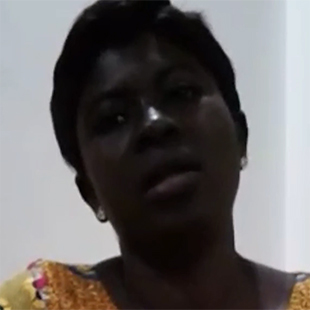
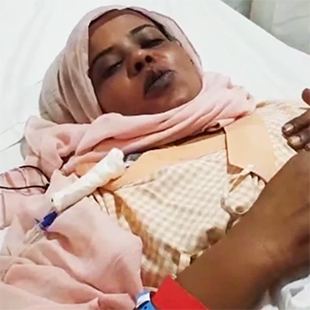
Sudan
Mrs. Lobna Hasan from Sudan for Open Craniotomy Surgery in India Read Full Story
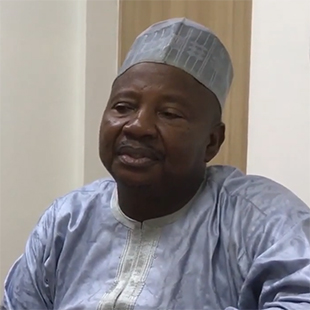
Nigeria
Patient Testimonial: Mohammud Rabiu from Nigeria underwent Brain Tumor Treatment in India Read Full Story
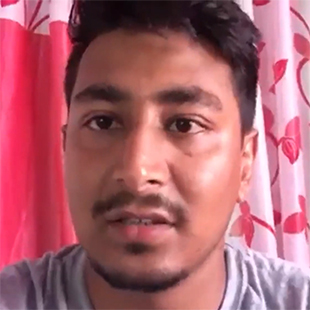

Delhi, India
Equipped with more than 50 specialty institutes, Indraprastha Apollo was started with the vision of ...more
![]() Private Driver / Limousine Services
Private Driver / Limousine Services
![]() International Cuisine
International Cuisine
![]() Phone in Room
Phone in Room
![]() Online Doctor Consultation
Online Doctor Consultation
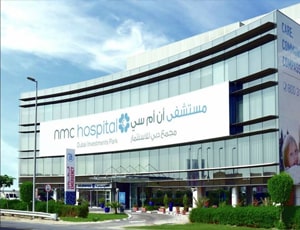
Dubai, United Arab Emirates
The NMC Hospital Dubai Investments Park (DIP) is located just opposite to the Green Community in DIP...more
![]() Private Driver / Limousine Services
Private Driver / Limousine Services
![]() International Cuisine
International Cuisine
![]() Phone in Room
Phone in Room
![]() Online Doctor Consultation
Online Doctor Consultation
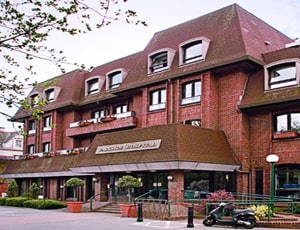
London, United Kingdom
History Parkside Hospital based in London is currently owned by Aspen Healthcare. Aspen Healthcare ...more
![]() Airport Transfer
Airport Transfer
![]() Choice of Meals
Choice of Meals
![]() Interpreter
Interpreter
![]() SIM
SIM
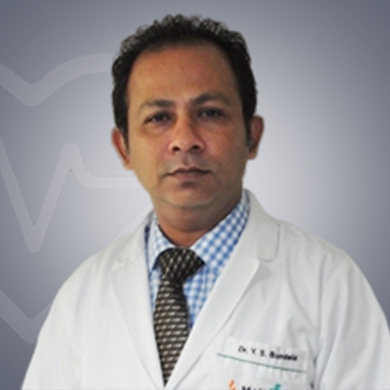
Neurosurgeon
Ghaziabad, India
18 Years of experience
USD 22 for video consultation
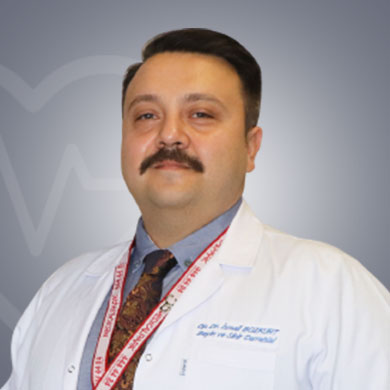
Neurosurgeon
Istanbul, Turkey
7 of experience
USD 295 for video consultation

Spine & Neurosurgeon
Noida, India
20 Years of experience
USD 36 for video consultation

Neuro Surgeon
Ghaziabad, India
25 Years of experience
USD 30 for video consultation
Q: How do you tell if you have a brain tumour?
A: Some of the common signs and symptoms of a brain tumour may include frequent and severe headaches, vision-related problems such as blurred or double vision, unexplained vomiting or nausea, and seizures. Even though these are the common signs of brain tumor, a proper diagnosis is required to confirm the condition. These symptoms can be present because of some other medical condition as well.
Q: What is the most common type of brain tumour?
A: Glioblastoma multiforme (GBM) is a type of tumor that belongs to a category called gliomas. It is one of the most common and the deadliest brain tumour that affects adults. It develops in the star-shaped glial cells called astrocytes. These cells support the nerve cells.
Q: Are brain tumors treatable?
A: Whether brain tumors can be cured or not depends on the grade of the tumor. Grade I tumor cells are mostly treatable if they are removed completely during surgery. Grade II and Grade III cells may spread to nearby tissues and there are chances of them coming back despite treatment. Grade IV brain tumors are mostly untreatable.
Q: What tests are conducted to diagnose brain tumour?
A: Magnetic resonance imaging (MRI) tests are conducted to diagnose a brain tumor. These may include a functional MRI, MR spectroscopy, and perfusion MRI. A CT scan is also sometimes conducted at the time of diagnosis.
Q: What can be done to prevent brain cancer?
A: The occurrence of brain cancer has not been linked to a single cause. However, exposure to environmental toxins and radiation and HIV infection are known to increase the risk of brain tumour.